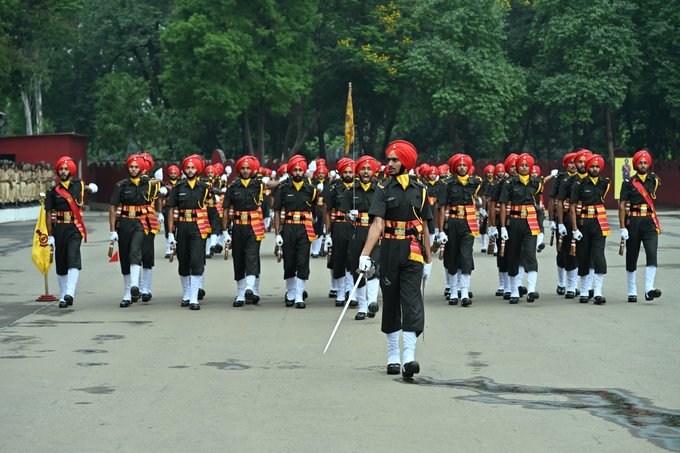The Israel-Iran war in June led to 100K tonnes or one-fifth of India's basmati export to Iran being stranded on Kandla and Mundra sea ports raising concern among exporters and agricultural trade bodies. The disruption occurred as shipping lines and insurers have suspended services to Iran, fearing liability exposure amidst intensifying military action across the Middle East. All India Rice Exporters Association president Satish Goyal said, 'Standard shipping insurance policies exclude conflict zones, and in the current scenario, no coverage is available for Iran-bound vessels. This has made it impossible for us to move the consignments forward.' India exported around 1M tonnes of basmati rice to Iran in FY 2024-25, making it the second-largest importer of Indian aromatic rice after Saudi Arabia. The trade impasse has impacted domestic prices, with basmati rates falling by USD 55 per tonne. Panjab produces about 40% of India’s basmati rice for export. Ashok Sethi, director of the Punjab Rice Millers and Exporters’ Association said consignments worth USD 233M were sent during the past one month. 'We do not know where the consignments are, have they been delivered or stuck at Iranian ports, particularly Bandar Abbas, Bushehr, and Chabahar.' Meanwhile, in Bersha village, Hoshiarpur, Arvinder Singh Kang has turned protected cultivation of seedless cucumbers profitable. He cultivates his 3-acre farm under polyfilm and nets and grows rice and wheat in the rest 7 acres. However, he earns better from cucumbers and is planning to increase acreage. Similarly, when Gurpreet Singh Saraan returned to Sadhana village in Bathinda in 2020 after spending five years in Singapore, he started cultivating a crop that most villagers barely notice—Ivy Gourd, often considered a wild vegetable. He says, 'My ancestors used to grow a vine or two for self-consumption. They used to say that it is good for stomach-related problems. That inspired me to expand its cultivation and the crop never failed me.' What started as a small experiment now provides steady employment to five families, thanks to the labor-intensive harvesting and packaging processes (earlier coverage).


Like what you're reading? Subscribe to our top stories.
Liv Forum provides a digest of analysis on major issues facing Indian (East) Panjab and Sikhs globally.
In accordance with our Privacy Policy, we will never share or sell the information of our subscribers.






